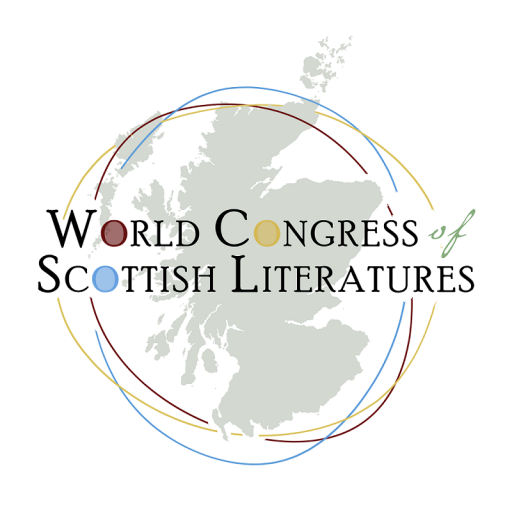Ellen Glasgow, Scottish Romanticism and the Covenanting Tradition
‘How can the American, or the Southern man, take hold of Tradition?’ asks poet and critic Allen Tate in the Southern Agrarian Manifesto I’ll Take My Stand (1930). The analogous question which Ellen Glasgow’s late fiction responds to is that of how the white southern woman can hold onto tradition in a period of rapid historical change. In this, her late work replies not only to Agrarian conceptions of Southern identity, from which, as in Tate’s formulation, women are excluded, but uses Scottish Romantic-era writing to envisage a usable Southern heritage for white women. Her female protagonists in Barren Ground (1925) and Vein of Iron (1935) both possess a Presbyterian Scots-Irish heritage, and it is this genealogy, informed by Scottish Romanticism, which aids them in negotiating their roles as women in the New South. Glasgow references the covenanting tradition from Walter Scott’s Old Mortality (1816), but, unlike Scott, celebrates the heritage of the covenanters as a fiercely independent, marginalised community holding fast to an exclusive worldview. Her novels also reimagine this covenanting spirit transformed into a distinct racial temperament, rejecting the morality of Scottish Presbyterianism in favour of its biological, transhistorical essence. Shorn of religious trappings, this heritage is used by Glasgow as part of her critique of the modernity of the interwar South.
Antonia Spencer, Independent Scholar
